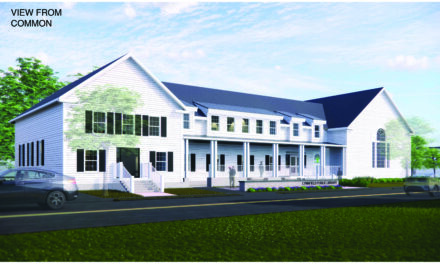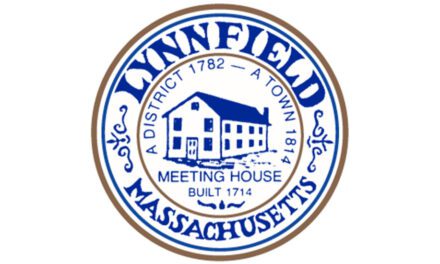Published January 23, 2019
This is getting ridiculous.
That is the only way we can describe the Lynnfield Center Water District (LCWD) Board of Water Commissioners’ behavior during last week’s contentious and combative meeting. It also illustrates the need for the legislative reforms that are currently being pushed by the Board of Selectmen and why the district needs two qualified candidates to run for water commissioner.
The water commissioners’ decision to increase rates, which LCWD Board Chairwoman Connie Leccese attributed to the Massachusetts Department of Environmental Protection, is the latest controversy plaguing the district. Over the course of the second half of 2018, a number of ratepayers living near the North Reading line repeatedly raised concerns about discolored water that LCWD officials have attributed to iron and manganese.
To put it mildly, the water commissioners’ responses to both issues have been tone deaf. During the Jan. 14 meeting, Leccese was defensive and repeatedly criticized residents who have legitimate concerns about paying their water bills under the new rate structure. At one point during the meeting, Leccese said the rate increase was the equivalent to “peanuts,” which angered the residents in attendance.
When asked for financial data from Russet Lane resident Stephanie Rauseo, LCWD Treasurer James Alexander said he did not have that information available and Leccese said the information would be made available by Jan. 28. The fact that this ludicrous situation occurred all while ratepayers have been repeatedly calling the LCWD office and airing complaints on Facebook is mind blowing.
The hits kept coming on Jan. 15, when LCWD attorney Chris Casey ruled two articles proposed for the Feb. 25 special district meeting were in violation of the district’s enabling act. Article 3 sought to increase the filter rebate program for residents with discolored water from $200 to $2,000. Article 4 sought to repeal the new rate structure that has infuriated ratepayers.
In our opinion, LCWD officials are not acting in the transparent manner that should be a cornerstone in government. Fortunately, there is hope on the horizon.
During the Feb. 25 special district meeting, ratepayers will be asked to vote for a new water commissioner. This will be the first step in restoring accountability. Prospective candidates must submit a letter of intent to run for water commissioner to the LCWD by Friday, Jan. 25. Another election will take place at the annual LCWD district meeting in April.
The district needs committed and qualified candidates to run for water commissioner and we encourage ratepayers to run for both seats.
While serving as a water commissioner does not have the notoriety of other elected positions in town such as being member of the Board of Selectman or School Committee, we would argue that, at this point in time, serving as a water commissioner is far more important. While competent public officials are running the town and the school system, the LCWD is lacking leadership. There is no interim superintendent in place in the wake of Superintendent Ken Burnham’s retirement and the current two-member Board of Water Commissioners have been unable to answer important questions facing the district and its ratepayers. In essence, the LCWD is a rudderless ship.
Once two new commissioners are elected, the board can begin the process of searching for a new water superintendent. The district needs a qualified and reputable superintendent who is capable of thinking outside of the box. If that does not transpire, the rudderless ship will soon be a sinking one.
We also encourage ratepayers to call State Rep. Brad Jones (R-North Reading) and State Sen. Brendan Crighton (D-Lynn) in order to voice their support for the selectmen’s proposed legislative changes to the LCWD’s enabling act. The proposed legislative changes include prohibiting LCWD employees from serving on the Board of Water Commissioners and would allow the selectmen to appoint at least one board member.
The changes would also mandate three-year contracts for water superintendents just like other municipal employees and would establish regulations for forming search committees, holding district meetings and publishing financial reports. These modest changes would provide the type of oversight the LCWD board needs and ratepayers deserve.
While we respect the LCWD’s employees, many of whom are hard working and dedicated to their respective jobs, the time to reform the Board of Water Commissioners is long overdue. The only way for that to occur is for ratepayers to clean house.


